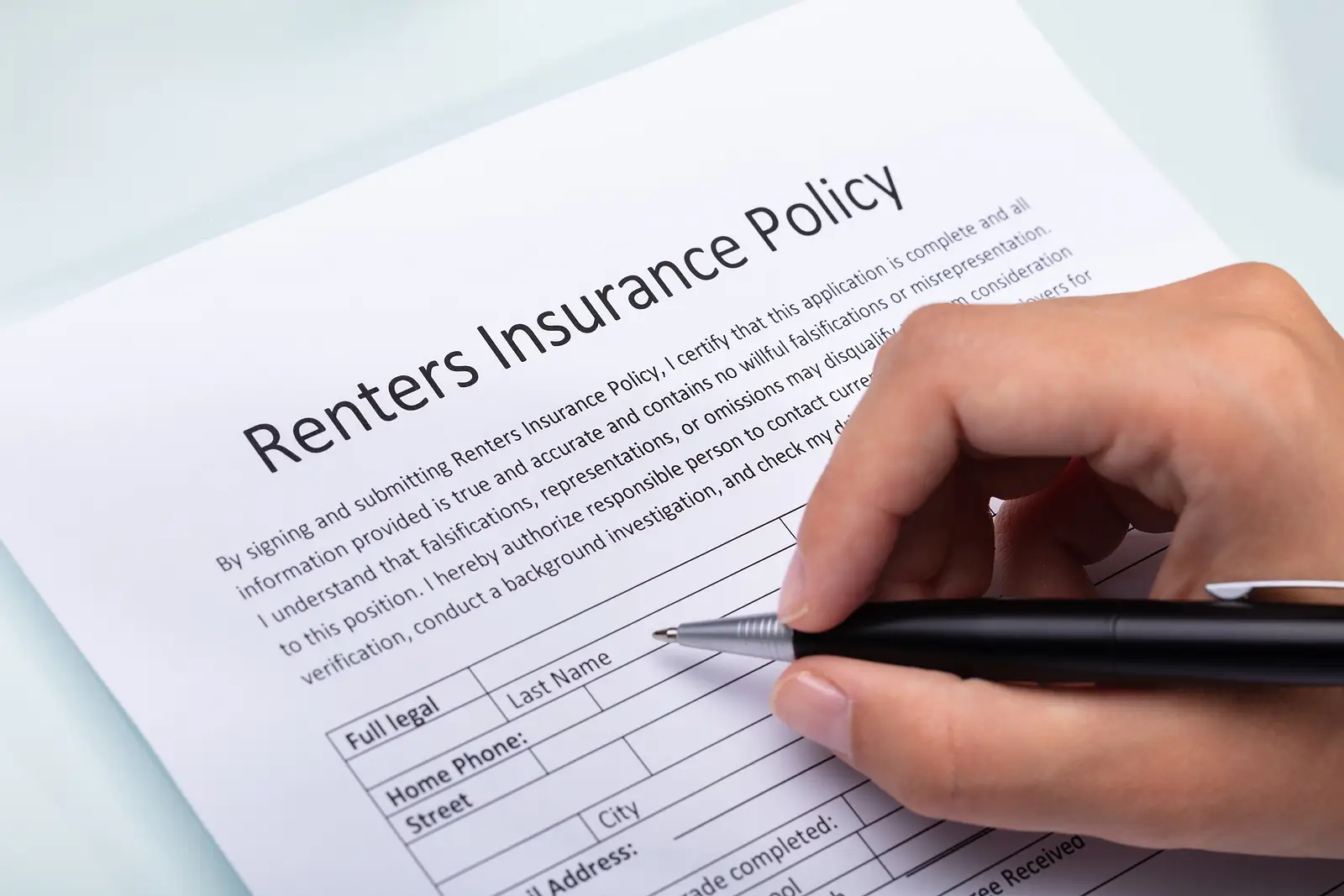If you own a rental property, here’s a question worth asking: Are your tenants truly protected, and by extension, are you protected, from life’s unpredictable events? Renter’s insurance coverage is one of the most misunderstood yet crucial tools in a landlord's risk management strategy.
Whether you're a seasoned real estate investor or managing your first apartment building, understanding the ins and outs of a renters' insurance policy and how much coverage is needed is essential. Let’s break it down in plain terms.
What Does a Renter’s Insurance Policy Cover?
A standard renters' insurance policy offers three main types of protection:
- Personal property coverage – This includes replacement cost coverage or repairs for your tenant’s belongings if they’re stolen or damaged due to covered property damage, such as fire, theft, vandalism, or water damage. From electronics and furniture to clothing and even expensive jewelry, renters' insurance helps protect items tenants keep inside the unit.
- Liability coverage – If someone is injured on your tenant’s property, or if your tenant accidentally causes damage to someone else’s property (say, a kitchen fire that spreads), the liability portion of the renter's policy helps cover legal fees and offers medical payments coverage. This type of financial protection is also essential for landlords because it may reduce the likelihood of being named in a lawsuit.
- Additional living expenses – If a covered loss, such as a fire or flood, makes the unit uninhabitable, renters' insurance coverage helps pay the costs of hotel bills, restaurant meals, and other expenses until the tenant can return.
These three pillars—coverage for belongings, liability protection, and living expenses—make renters' insurance a surprisingly comprehensive product for a relatively low premium.
Why Should Landlords Care?
You might assume that your landlord insurance covers everything. It doesn’t. Your policy covers the structure, not your tenant’s belongings or their personal liability.
That’s where the renter's insurance policy comes in. It fills the gap between your coverage and the tenant’s responsibility.
Requiring renters' insurance also attracts more responsible tenants, reduces the likelihood of tenant-landlord disputes, and adds a layer of protection to your real estate portfolio.
In short, a renters' policy isn't just a win for tenants—it's smart business for landlords.
Challenges and Considerations
Of course, not all insurance policies are created equal. Coverage limits, deductibles, and the extent of protection can vary depending on the insurer and the replacement cost coverage selected. Some tenants may think their belongings aren’t worth much and skip the insurance policy entirely. That’s a risk for both you and them.
We recommend that tenants review their policy carefully and assess the amount of coverage they need. If they own musical instruments, expensive electronics, or valuables like jewelry, they may need additional coverage or a floater. And while a standard renters' insurance policy doesn’t usually cover floods or earthquakes, tenants can purchase separate policies or endorsements.
The Smart Move for Smart Investors
At LHM Realty, we work closely with property owners to protect their investments and streamline operations. Requiring renters' insurance is just one of many proactive steps that can shield your rental income and build long-term value. Want help crafting lease requirements, setting tenant policies, or managing your property with less stress?
Let’s talk.
Visit our Services page to learn how we help landlords like you reduce risk, increase returns, and sleep easier at night. Or contact us directly to discuss how we can tailor a solution to fit your property.
FAQs: Your Renter’s Insurance Questions, Answered
1. Is renters' insurance required by law?
No, but as a landlord, you can require tenants to carry renters' insurance as part of the lease agreement.
2. How much does renters' insurance typically cost?
The average policy is affordable—usually under $20 per month—but costs may vary based on coverage limits, deductibles, and your tenant’s location.
3. What’s the difference between actual cash value and replacement cost coverage?
Actual cash value pays for belongings minus depreciation. Replacement cost coverage pays for a new item at today’s price. The latter offers more protection, especially for personal property like furniture or electronics.
4. Does renters' insurance cover roommates or pets?
Policies typically cover one named insured. Roommates should have their policy. Liability for pet-related injuries may be included, but coverage limits and exclusions vary among insurance companies.
5. What if a tenant’s guest is injured in the unit?
The policy’s liability coverage or no-fault medical coverage can help pay medical bills, even if no one is found responsible.


